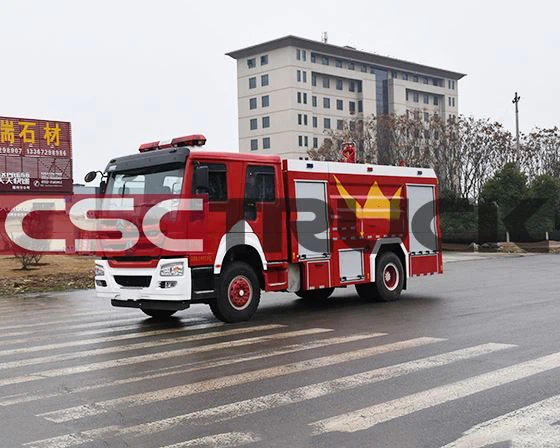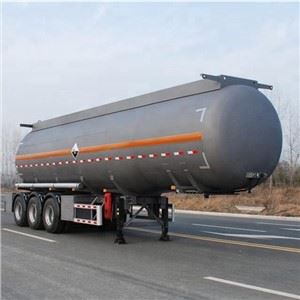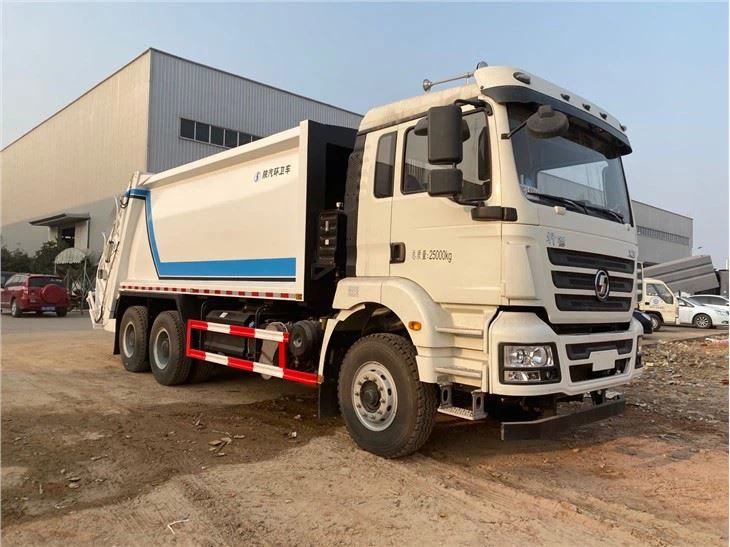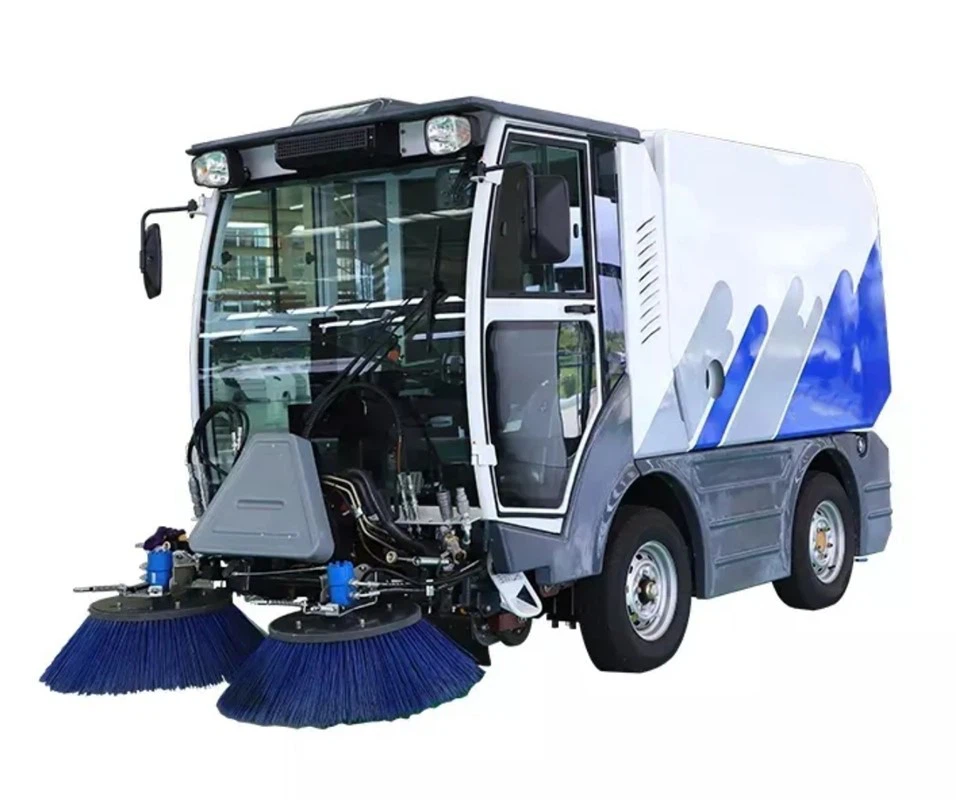Everything You Need to Know About 18 Ton Lorries

Introduction
The 18 ton lorry, also known as an 18-tonne truck, is a heavy-duty vehicle commonly used for transporting goods. It strikes a balance between capacity and maneuverability, making it popular in urban logistics, construction, and various industries. This article delves into the specifications, uses, benefits, and essential considerations when using an 18 ton lorry, providing a comprehensive guide for potential buyers, operators, and logistics managers.
What is an 18 Ton Lorry?
An 18 ton lorry is defined by its maximum weight capacity of 18,000 kilograms, including the vehicle’s weight, cargo, and any additional equipment. These lorries are available in various configurations, tailored to specific transporting needs.
Common Types of 18 Ton Lorries
- Box Trucks: Enclosed cargo area used for transporting general freight.
- Flatbed Trucks: Open vehicles used for hauling heavy equipment or construction materials.
- Refrigerated Trucks: Temperature-controlled vehicles for transporting perishable goods.
- Tipper Trucks: Trucks designed for dumping materials like gravel, sand, and dirt.
Specifications of an 18 Ton Lorry
Weight and Dimensions
An 18 ton lorry typically has the following specifications:
- Total weight: 18,000 kilograms
- Dimensions: Varies by model, but generally about 6-8 meters in length, 2.5 meters in width, and 3-4 meters in height.
- Payload capacity: Around 10-12 tons depending on the vehicle’s specific design.
Engine and Performance
Most 18 ton lorries are equipped with a diesel engine providing a balance of power and fuel efficiency. Typical specifications include:
- Engine displacement: 4-10 liters
- Horsepower: Ranges from 160 to 300 HP
- Transmission: Manual or automatic, depending on the model.
- Fuel efficiency: Between 6 to 12 miles per gallon based on load and driving conditions.
Uses of 18 Ton Lorries
Logistics and Transportation
18 ton lorries are widely used in logistics for urban freight distribution, allowing companies to transport goods efficiently in cities where larger vehicles cannot easily navigate.
Construction and Building Projects
In the construction industry, 18 ton lorries are commonly used to carry building materials such as bricks, steel, and plumbing supplies to job sites.
Event Logistics
Event planners often utilize these lorries to transport equipment, decorations, and supplies needed for concerts, festivals, and corporate events.
Benefits of Using an 18 Ton Lorry
Versatility
One of the primary advantages of 18 ton lorries is their versatility. They can be customized with various body types, making them suitable for diverse transporting needs.
Cost-Effectiveness
Compared to larger commercial trucks, 18 ton lorries tend to be more fuel-efficient and easier to operate in urban settings, leading to reduced operational costs.
Maneuverability
The size of 18 ton lorries allows them to navigate city streets and tight spaces more easily than larger trucks, making them ideal for deliveries in congested areas.
Buying Guide for 18 Ton Lorries
New vs. Used
When considering buying an 18 ton lorry, you need to choose between a new or used model:
- New Lorries: Offer the latest technology, warranties, and usually better fuel efficiency.
- Used Lorries: More cost-effective but may come with wear and potential maintenance issues. It’s essential to check service history.
Financing Options

Check various financing options available, such as:
- Loans from banks or specialized vehicle finance companies.
- Leasing options for businesses needing flexibility.
- Consider government schemes that might offer grants or subsidies for purchasing commercial vehicles.
Maintenance Tips for 18 Ton Lorries
Regular Inspections
Frequent inspections are vital for ensuring safety and longevity:
- Check brakes, tire pressure, and lights weekly.
- Conduct comprehensive inspections every 6,000 miles.
Engine Maintenance
Maintaining engine health is crucial:
- Regular oil changes to ensure optimal performance.
- Check and replace air filters as needed.
Cleaning and Care

Caring for the lorry not only improves its appearance but also performance:
- Wash the exterior to prevent rust and corrosion.
- Keep the interior clean for a better driving experience.
The Role of Technology in 18 Ton Lorries
Telematics
Modern 18 ton lorries often come equipped with telematics systems that monitor vehicle performance and can help businesses optimize their routes and reduce fuel consumption.
Safety Features

Advanced safety features, such as:
- Lane departure warnings
- Automatic braking systems
- Blind-spot detection
These technologies enhance driver safety and reduce the risk of accidents.
Challenges of Operating an 18 Ton Lorry
Regulation and Compliance
Operators must be aware of legal weight limits and compliance with local transport regulations, which can vary by region.
Insurance Costs
Insurance for 18 ton lorries can be significant, and it’s essential for businesses to factor this into their operational budgets.
Driver Training
Proper training is required to ensure that drivers are certified and knowledgeable about operating heavy vehicles safely.
Real-World Examples of 18 Ton Lorries in Use
Urban Delivery Services
Companies like DHL and UPS utilize 18 ton lorries for efficient last-mile delivery in urban areas.
Construction Projects
Local construction firms often rely on 18 ton tippers to transport materials to various job sites, ensuring timely deliveries.
FAQs
What is the maximum weight of an 18 ton lorry?
The maximum weight of an 18 ton lorry is 18,000 kilograms, consisting of the vehicle’s weight plus the cargo and any additional equipment.
What can an 18 ton lorry transport?
An 18 ton lorry can transport various goods, including building materials, furniture, appliances, and food products, depending on its body type.
Do I need a special license to drive an 18 ton lorry?
Yes, drivers typically need a category C driving license to operate a vehicle over 3.5 tons, including 18 ton lorries.
How often should I maintain my 18 ton lorry?
Regular inspections should be conducted weekly, and comprehensive maintenance checks every 6,000 miles or as prescribed by the manufacturer.
What are the key factors to consider when buying an 18 ton lorry?
Key factors include the vehicle’s intended use, new vs. used condition, financing options, and total cost of ownership, including fuel and maintenance.
How fuel-efficient are 18 ton lorries?
Fuel efficiency varies based on load and driving conditions but typically ranges from 6 to 12 miles per gallon.
